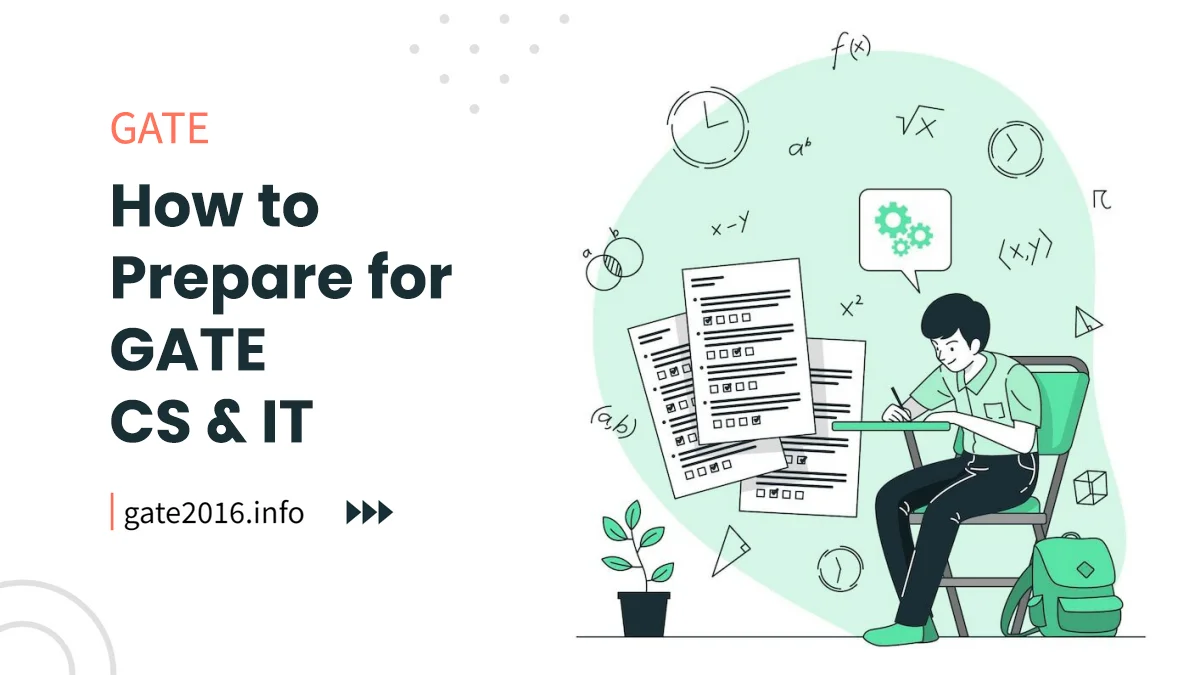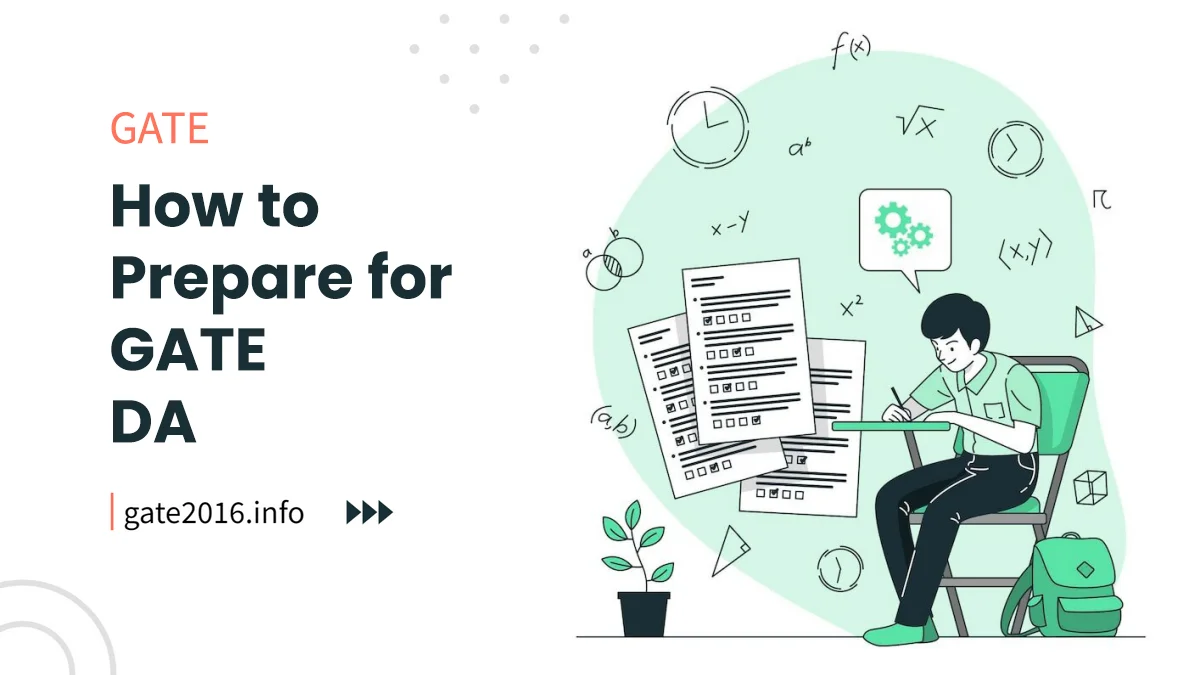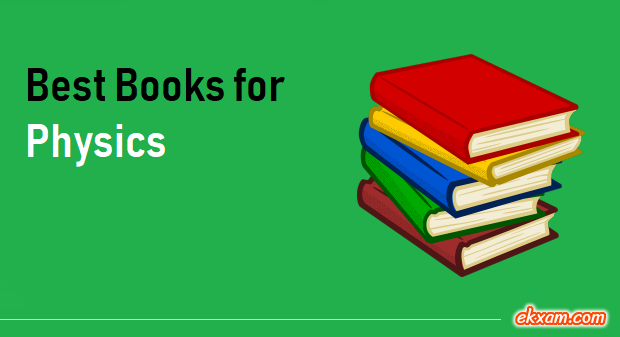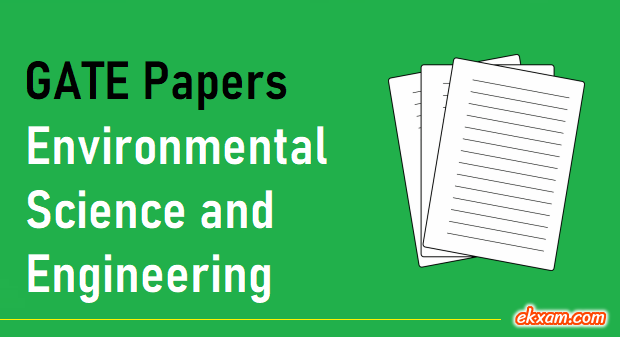Advertisements
Ratings

GATE 2024 CS Preparation – The Graduate Aptitude Test in Engineering (GATE) is a prestigious examination for aspiring computer science professionals aiming to excel in their academic and career pursuits.
Preparing effectively for GATE Computer Science requires a well-structured and focused approach.
This guide provides a step-by-step plan to help you succeed in the GATE Computer Science examination.
Contents
- 1. Introduction to GATE Computer Science
- 2. Understanding the GATE Computer Science Syllabus
- 3. Crafting a Structured Study Plan
- 4. Selecting Appropriate Study Materials
- 5. Mastering Fundamental Concepts
- 6. Practicing Problem Solving
- 7. Reviewing Previous Years’ Question Papers
- 8. Taking Mock Tests
- 9. Effective Time Management Strategies
- 10. Implementing Revision Techniques
- 11. Staying Updated with Computer Science Trends
- 12. Managing Exam Stress
- 13. Final Weeks’ Preparation Strategy
- 14. Approaching Exam Day Confidently
- 15. Reflecting on the Exam and Planning Ahead
- 16. Conclusion: Excelling in GATE Computer Science
- 17. Additional Resources and References
- GATE Computer Science Guidance
- GATE Computer Science Preparation FAQs
- GATE Total Information & Guidance
1. Introduction to GATE Computer Science
GATE Computer Science is a gateway to specialized education and diverse career opportunities in the field of computer science and information technology.
Efficient preparation is the key to achieving success in this competitive exam.
2. Understanding the GATE Computer Science Syllabus
The GATE Computer Science syllabus encompasses various subjects, each contributing to a comprehensive understanding of computer science concepts.
Here’s a detailed breakdown of the syllabus, categorized by subjects and their key topics:
Table 1: GATE Computer Science Syllabus Breakdown
| Subject | Key Topics |
|---|---|
| Engineering Mathematics | Linear algebra, Calculus, Probability and statistics, Discrete mathematics |
| Digital Logic | Boolean algebra, Combinational and sequential circuits, Minimization |
| Computer Organization and Architecture | Machine instructions, Addressing modes, Memory hierarchy |
| Programming and Data Structures | Arrays, Linked lists, Stacks, Queues, Trees, Graphs |
| Algorithms | Searching, Sorting, Greedy algorithms, Dynamic programming |
| Theory of Computation | Regular expressions, Context-free grammars, Finite automata |
| Compiler Design | Lexical analysis, Parsing, Syntax-directed translation |
| Operating System | Processes, Memory management, File systems, Synchronization |
| Databases | ER models, Relational algebra, Normalization, SQL |
| Computer Networks | OSI model, TCP/IP protocols, Network security |
3. Crafting a Structured Study Plan
Creating a well-organized study plan is essential for effective GATE Computer Science preparation.
Develop a plan that includes all subjects and allocates study time based on their relative importance and complexity:
Table 2: Sample Study Plan
| Week | Subjects/Topics | Time Allocation |
|---|---|---|
| 1-2 | Engineering Mathematics | 10 hours/week |
| 3-4 | Digital Logic | 12 hours/week |
| 5-6 | Computer Organization and Architecture | 15 hours/week |
| 7-8 | Programming and Data Structures | 10 hours/week |
| 9-10 | Algorithms | 12 hours/week |
| 11-12 | Theory of Computation | 8 hours/week |
| 13-14 | Compiler Design | 8 hours/week |
| 15-16 | Operating System | 10 hours/week |
| 17-18 | Databases | 10 hours/week |
| 19-20 | Computer Networks | 10 hours/week |
4. Selecting Appropriate Study Materials
Choosing the right study materials is critical for comprehensive GATE Computer Science preparation.
Consider a mix of textbooks, online resources, video lectures, and mock tests:
Table 3: Recommended Study Resources
| Subject | Books | Online Resources |
|---|---|---|
| Engineering Mathematics | “Discrete Mathematics and its Applications” by Kenneth H. Rosen | Khan Academy, Coursera Mathematics courses |
| Digital Logic | “Digital Design” by M. Morris Mano | NPTEL’s Digital Logic courses |
| Computer Organization and Architecture | “Computer Organization and Design” by David A. Patterson | Coursera’s Computer Architecture courses |
| Programming and Data Structures | “Data Structures and Algorithms” by Alfred V. Aho | GeeksforGeeks, LeetCode coding platforms |
| Algorithms | “Introduction to Algorithms” by Thomas H. Cormen | Coursera’s Algorithms and Data Structures courses |
| Theory of Computation | “Introduction to the Theory of Computation” by Michael Sipser | NPTEL’s Theory of Computation courses |
| Compiler Design | “Engineering a Compiler” by Keith D. Cooper and Linda Torczon | Coursera’s Compiler Design courses |
| Operating System | “Operating System Concepts” by Abraham Silberschatz | NPTEL’s Operating System courses |
| Databases | “Database System Concepts” by Abraham Silberschatz | Coursera’s Database Systems courses |
| Computer Networks | “Computer Networking: A Top-Down Approach” by James F. Kurose and Keith W. Ross | NPTEL’s Computer Networks courses |
5. Mastering Fundamental Concepts
Building a solid foundation in core computer science concepts is essential. Concentrate on fundamental principles within each subject:
Table 4: Mastering Core Concepts
| Subject | Key Concepts |
|---|---|
| Digital Logic | Logic gates, Boolean algebra, Flip-flops |
| Computer Organization and Architecture | CPU architecture, Memory hierarchy, Cache memory |
| Programming and Data Structures | Data structures, Algorithms, OOP concepts |
| Algorithms | Sorting algorithms, Searching techniques |
| Theory of Computation | Finite automata, Regular languages, Context-free grammars |
| Compiler Design | Lexical analysis, Parsing techniques |
| Operating System | Processes, Memory management, File systems |
| Databases | Relational model, SQL queries, Normalization |
| Computer Networks | OSI model, TCP/IP protocols, Network security |
6. Practicing Problem Solving
Enhancing problem-solving skills is crucial for excelling in GATE Computer Science.
Focus on practicing coding and algorithmic problems:
- Data Structures: Solve problems involving arrays, linked lists, stacks, queues, trees, and graphs.
- Algorithms: Practice solving algorithmic problems that require efficient sorting and searching techniques.
7. Reviewing Previous Years’ Question Papers
Solving previous years’ question papers provides insights into question patterns, difficulty levels, and exam trends:
Table 5: Benefits of Solving Previous Years’ Papers
| Benefit | Description |
|---|---|
| Understand Question Types | Identify common question patterns and formats |
| Time Management | Practice completing the paper within time |
| Exam Pattern Familiarity | Get comfortable with GATE question patterns |
| Self-Assessment | Evaluate your preparation level and progress |
8. Taking Mock Tests
Taking mock tests under simulated exam conditions is crucial for building confidence and refining time management:
Table 6: Benefits of Taking Mock Tests
| Benefit | Description |
|---|---|
| Exam Simulation | Replicate the actual exam environment |
| Time Management Improvement | Enhance time allocation skills |
| Confidence Building | Boost your confidence before the real exam |
| Identifying Weak Areas | Pinpoint areas requiring further attention |
9. Effective Time Management Strategies
Effective time management during the exam is paramount. Develop a strategy to allocate time to different sections:
Table 7: Time Management Strategy
| Section | Recommended Time Allocation |
|---|---|
| General Aptitude | 15 minutes |
| Verbal Ability | 10 minutes |
| Subject-specific Sections | 75 minutes each |
10. Implementing Revision Techniques
Regular revision is essential for retaining information. Utilize structured techniques to reinforce your understanding:
- Revision Schedule: Allocate time for revisiting key topics regularly.
- Concise Notes: Create summarized notes and flashcards for quick review.
11. Staying Updated with Computer Science Trends
Staying current with advancements in computer science is crucial:
- Follow Tech Blogs: Subscribe to reputable technology blogs and publications.
- Participate in Online Communities: Engage in coding forums and discussions to learn about the latest trends.
12. Managing Exam Stress
Effective stress management is vital for staying focused during preparation:
- Relaxation Techniques: Engage in mindfulness, meditation, and deep breathing.
- Balanced Routine: Maintain a study routine while incorporating relaxation, exercise, and mindfulness.
13. Final Weeks’ Preparation Strategy
As the exam approaches, intensify revision of key topics:
- Focused Revision: Dedicate more time to challenging subjects.
- Additional Mock Tests: Simulate exam conditions with more practice tests.
14. Approaching Exam Day Confidently
On the exam day, stay composed:
- Read Instructions Carefully: Understand question patterns and instructions.
- Effective Time Allocation: Allocate time wisely to different sections.
15. Reflecting on the Exam and Planning Ahead
Evaluate performance and plan the next steps:
- Performance Analysis: Identify strengths and areas for improvement.
- Future Planning: Determine whether to pursue further studies or job opportunities.
16. Conclusion: Excelling in GATE Computer Science
Preparing for GATE Computer Science demands dedication, planning, and a structured approach.
By following this comprehensive guide, aspiring candidates can enhance their chances of excelling in the examination and making significant contributions to the world of technology.
17. Additional Resources and References
For additional resources and references, explore the recommended textbooks, online courses, coding platforms, and practice papers mentioned in this guide.
These resources will further enhance your understanding and preparation for the GATE Computer Science exam.
GATE Computer Science Guidance
- How to Prepare for GATE Computer Science: A Comprehensive Guide
- GATE CSE Syllabus 2025: Computer Science & Information Technology
- GATE 2025 Books: Computer Science & Information Technology
- GATE CS Previous Year Solved Papers – (2023-1991)
GATE Computer Science Preparation FAQs
What is GATE Computer Science and Information Technology (CS)?
GATE CS is an examination conducted by the Indian Institute of Technology (IIT) for admission into postgraduate programs in Computer Science and Information Technology and related fields.
It evaluates candidates' knowledge and understanding of computer science concepts and serves as a gateway to higher education and career opportunities in this field.
What are the important subjects to focus on for GATE Computer Science preparation?
Key subjects to focus on include algorithms, data structures, computer organization and architecture, operating systems, databases, programming languages, and software engineering.
Refer to the official GATE syllabus for Computer Science and Information Technology for a comprehensive list.
How should I prepare for the GATE CS exam?
Effective preparation involves creating a study plan based on the GATE syllabus. Utilize standard textbooks, reference materials, and online resources for each subject.
Practice solving previous years' question papers and mock tests to become familiar with the exam pattern and improve your problem-solving skills. Additionally, focus on programming and coding skills.
Are there any recommended books or resources for GATE Computer Science preparation?
Yes, some recommended books and resources include:
- 'Introduction to Algorithms' by Thomas H. Cormen, Charles E. Leiserson, Ronald L. Rivest, and Clifford Stein
- 'Computer Organization and Design' by David A. Patterson and John L. Hennessy
- 'Operating System Concepts' by Abraham Silberschatz, Peter B. Galvin, and Greg Gagne
- 'Database System Concepts' by Abraham Silberschatz, Henry F. Korth, and S. Sudarshan
- Online courses, lecture videos, and coding practice on platforms like Coursera, edX, and LeetCode.
What is the exam pattern for GATE Computer Science, and how should I approach it?
GATE CS typically consists of multiple-choice questions, multiple-select questions, and numerical answer type questions.
Questions cover various aspects of computer science, including theory, algorithms, and programming.
Start by answering questions you are confident about and manage your time efficiently. For numerical answer type questions, ensure precision in your answers.
Speed, accuracy, and a strong understanding of fundamental computer science concepts are essential for success in the exam.
Recent Posts
- AAI Through GATE 2024 – JE (Junior Executive)
- M Tech and MS Programs Through GATE and GRE: Navigating Postgraduate Options
- Job Opportunities After GATE 2024 in India: What You Didn’t Know!
- BSPHCL Through GATE 2024 – 40 AEE
Related Tags
gate cse syllabus 2024, how to prepare for gate cse without coaching 2024, gate self study plan cse 2024, gate cse preparation books 2024, how to prepare for gate cse quora 2024, how to prepare for gate cse from 1st year 2024, gate preparation cse online free 2024, how to prepare for gate cse in 6 months 2024
| GATE (Reasoning & Aptitude & Maths) Books |
| GATE Guide Books |
GATE Total Information & Guidance
Click below given links to get further information.







